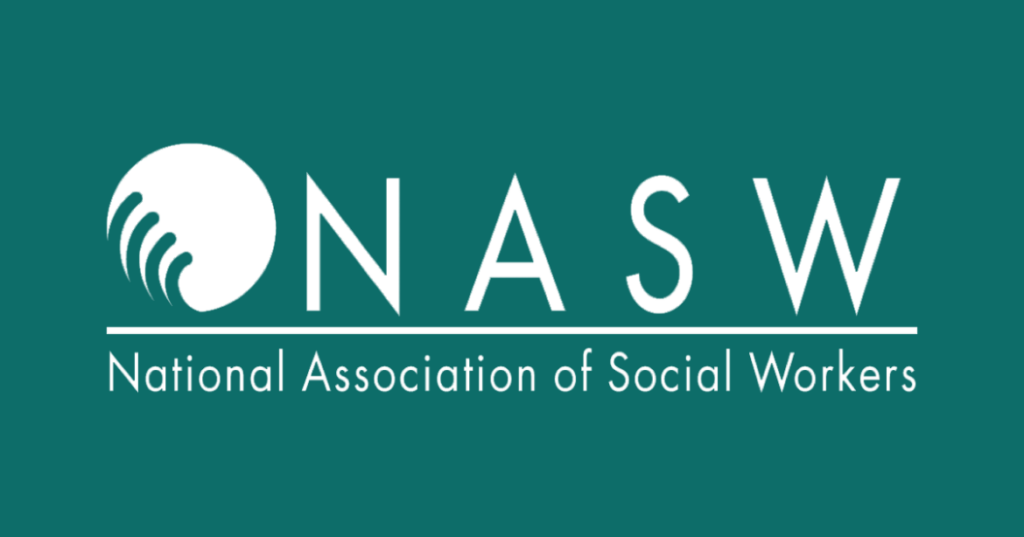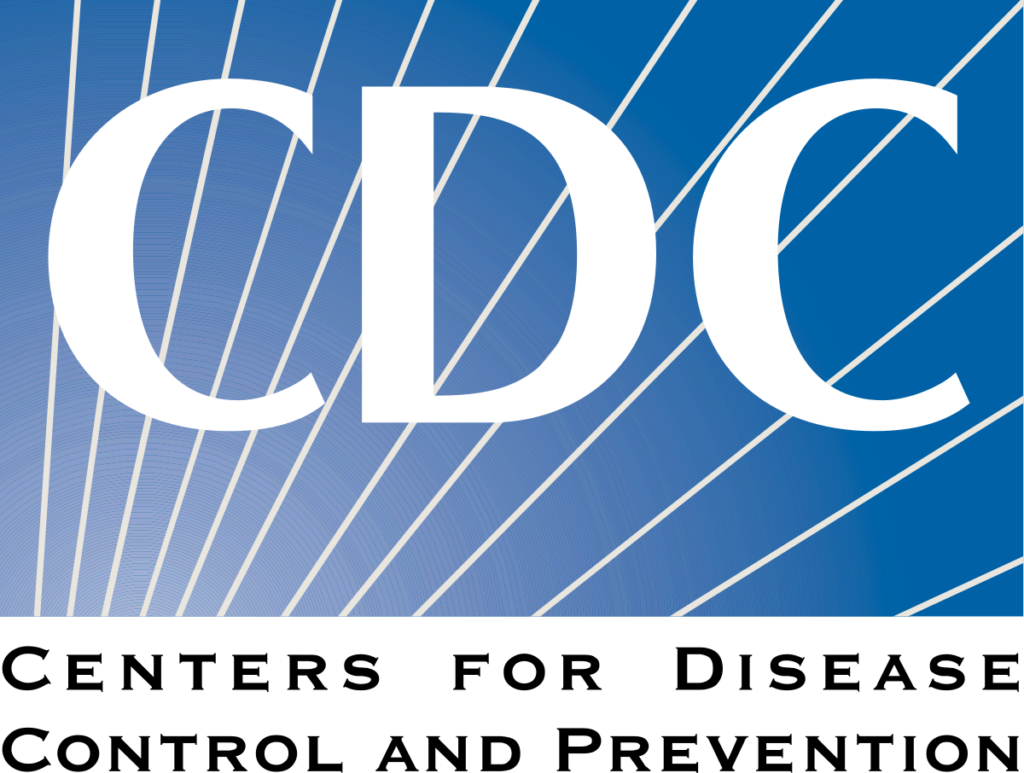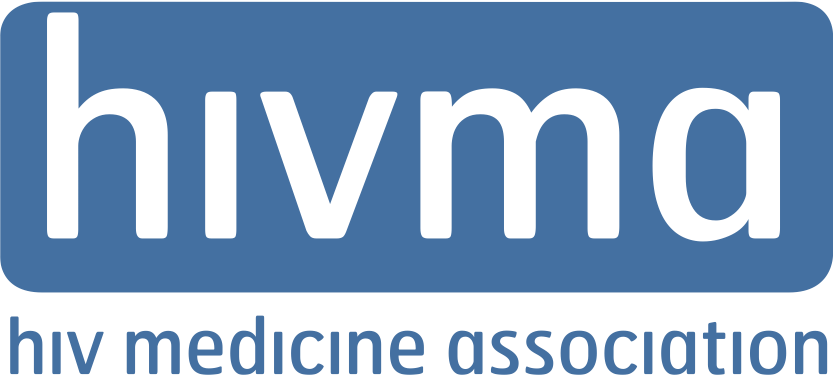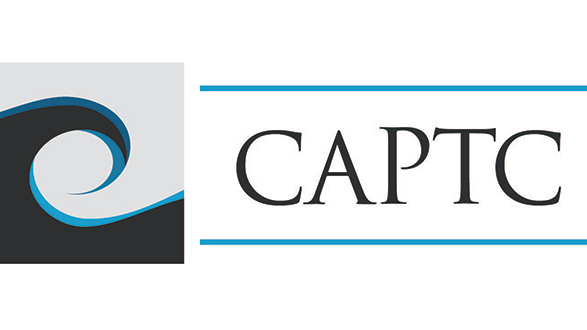Setting and Maintaining Professional Boundaries
Strategies to help you set and maintain appropriate professional boundaries, as these decisions affect not only your own well-being but also that of your clients, colleagues, and loved ones.

Strategies to help you set and maintain appropriate professional boundaries, as these decisions affect not only your own well-being but also that of your clients, colleagues, and loved ones.

Social Network Strategy (SNS) is an evidence-supported approach to engage and motivate a person to accept HIV testing. This approach is based on the underlying principle that persons within the same social network who know, trust, and can exert influence on each other share similar behaviors that make them vulnerable to HIV. SNS is particularly useful to recruit marginalized and/or hidden persons at risk for HIV.

These advanced-level courses present balanced, timely, scientifically rigorous, and clinically relevant information about HIV and other viral diseases. The activities are designed for physicians who are actively involved in viral disease management.

HIV Medicine Association has compiled HIV training opportunities for medical students and clinical fellows. Some may require fees, including registration, travel and/or housing costs.

In September 2020, Disease Intervention Specialists (DIS) across the United States gathered for a virtual summit to address the expanding roles of DIS. Hosted by the CAPTC in collaboration with the California Department of Public Health (CDPH) Office of AIDS (OA) and the Sexually Transmitted Diseases Control Branch (STDCB).
The summit touched upon an expansive range of subjects, including motivational interviewing techniques and medical mistrust in DIS work. View videos and download resources.
Video example of a disease intervention interview linking a person co-infected with syphilis and HIV to care, and providing partner services.
Dr. Christoper Ried, Medical Director of HIV/STD Services for Orange County, demonstrates a sexual health history screening using the 5Ps of taking a sexual history.
Example of a disease intervention interview linking a person newly diagnosed with HIV to care, conducted by telephone.

A free, on-demand training for California clinical settings that provides participants with an overview of CA laws that guarantee minors’ right to access confidential sexual health services and the roles that clinical practices and healthcare systems have in ensuring these protections.

Guidance for medical providers and laboratories in California. Includes laboratory procedures and reporting, results interpretation, congenital syphilis, integration of HIV and other STI testing, partner management, serologic follow-up, public health reporting, and clinical consultation options.